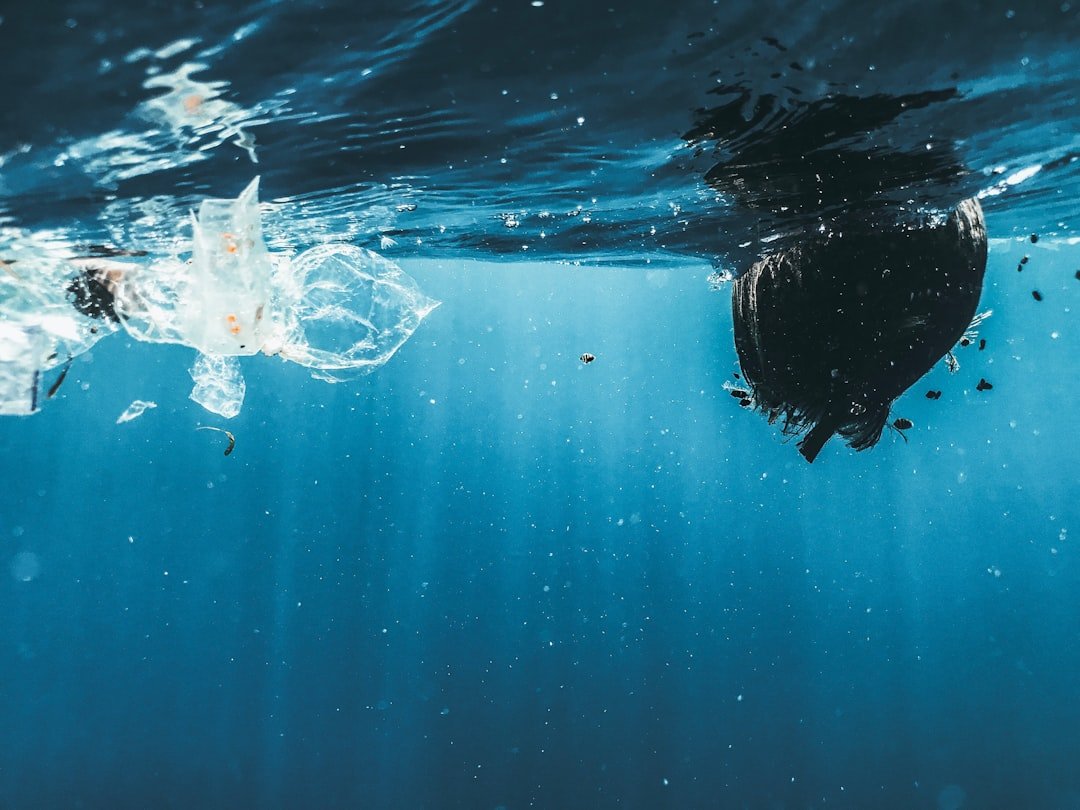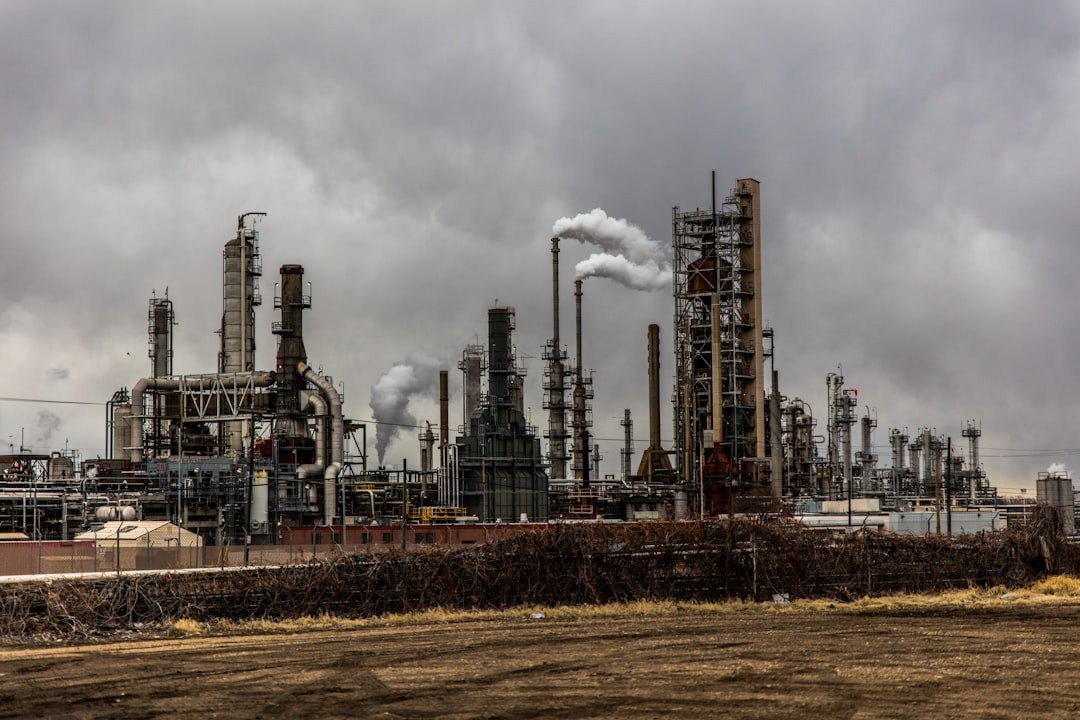Plastic pollution’s worldwide effects Plastic pollution has become one of the 21st century’s most urgent environmental issues. Every year, millions of tons of plastic debris end up in the oceans, with disastrous results for ecosystems, human health, and marine life. It is astounding how much plastic has been produced since the early 20th century; estimates put the global production of plastic at over 8.3 billion metric tons. Much of this plastic enters natural habitats and causes extensive ecological disruption, while a large portion of it ends up in landfills.
Key Takeaways
- Plastic pollution has a significant global impact on the environment, wildlife, and human health.
- The Plastic Pollution Coalition is a unified effort to address and combat plastic pollution through collaboration and advocacy.
- Strategies for reducing plastic waste include promoting recycling, implementing bans on single-use plastics, and encouraging the use of reusable alternatives.
- Businesses play a crucial role in combating plastic pollution by adopting sustainable practices, reducing plastic packaging, and investing in eco-friendly alternatives.
- Innovations in plastic alternatives, such as biodegradable plastics and plant-based materials, offer promising solutions to reduce plastic pollution.
Environmental deterioration is not the only consequence of plastic pollution. Plastic waste is frequently mistaken for food by marine life, which can result in ingestion that can harm or even kill the animal. Concerns have also been raised regarding the potential health effects of microplastics, which are tiny particles that are produced when larger plastic items break down and find their way into the food chain. Researchers are looking into the possible impacts of microplastics on human physiology after finding them in seafood, drinking water, and even the air.
The world community is coming to understand that plastic pollution is a complex crisis that jeopardizes public health, biodiversity, and economic stability in addition to being an environmental problem. The Plastic Pollution Coalition: A Coordinated Effort The Plastic Pollution Coalition (PPC) is a coalition of organizations that have united in response to the growing problem of plastic pollution. This global alliance of people, groups, and companies is committed to promoting sustainable alternatives and minimizing plastic waste. The PPC seeks to promote systemic change at the local, national, and worldwide levels and increase awareness of the harmful effects of plastic pollution by encouraging cooperation amongst various stakeholders. The coalition’s activities are diverse and include community involvement, advocacy, and education.
The PPC encourages people to adopt more sustainable practices and aims to educate the public about the significance of lowering plastic consumption through campaigns and initiatives. Through bringing together environmentalists, scientists, legislators, and concerned citizens, the coalition spreads its message and promotes significant change. A crucial forum for exchanging tactics, materials, and success stories that motivate group efforts to combat plastic pollution is the PPC.
| Metrics | Data |
|---|---|
| Plastic Waste Generated Annually | Over 300 million tons |
| Plastic Waste Recycled Annually | Only 9% is recycled |
| Plastic Waste in Oceans | Estimated 8 million tons per year |
| Plastic Waste Impact on Marine Life | Over 1 million seabirds and 100,000 marine mammals are killed each year |
Techniques for Reducing Plastic Waste Reducing plastic pollution necessitates a multifaceted strategy that includes different tactics meant to cut plastic waste at its source. Promoting the idea of a circular economy—which stresses recycling & reusing materials instead of depending solely on single-use plastics—is one efficient strategy. Communities can drastically reduce the quantity of plastic waste produced by designing products with longevity in mind & enticing customers to take part in recycling initiatives. A crucial additional tactic is to launch educational initiatives that increase public knowledge of the harm that plastic consumption causes to the environment.
Education about the value of minimizing plastic use and switching to sustainable alternatives can be greatly aided by local governments, community organizations, and schools. Social media campaigns, workshops, & seminars can all be used to effectively engage the public and encourage behavioral changes that help reduce the amount of plastic waste produced. Company Role in Fighting Plastic Pollution Companies are essential in the battle against plastic pollution. Businesses have an obligation to implement sustainable practices that reduce their environmental impact since they are significant manufacturers and consumers of plastic products. As more companies become aware of their obligation, they are actively working to lessen their dependency on single-use plastics.
This change not only improves brand reputation and satisfies consumer demand for sustainable products, but it also helps the environment. There are many different ways that corporations can take action, such as investing in research and development for biodegradable materials or introducing environmentally friendly packaging options. Some businesses have set lofty targets to completely remove plastic waste from their supply chains.
In addition to addressing the issue of plastic pollution, the shift to more responsible practices positions businesses as industry leaders in CSR.
New developments in plastic substitutes are becoming more and more necessary as people become more conscious of the problem of plastic pollution. Researchers & businesspeople are looking into a variety of materials that can replace traditional plastics without sacrificing durability or functionality. Renewable resources like cornstarch and sugarcane are being used to make bioplastics, which are becoming more and more popular as practical substitutes that can lessen dependency on fossil fuels. Also, materials that are both compostable & biodegradable have been developed as a result of technological advancements. Promising solutions for packaging and single-use items that usually contribute to plastic waste are provided by these innovations.
Seaweed-based materials that not only break down organically but also have a low production impact on the environment are also being experimented with by some businesses. These substitutes have the potential to drastically lower plastic pollution worldwide as they become more accessible and reasonably priced. The Value of Individual Action Individual actions are crucial in bringing about change, even though group efforts are crucial in the fight against plastic pollution.
Every individual can reduce plastic waste in their daily lives by making thoughtful decisions. Reliance on single-use plastics can be greatly reduced by taking easy steps like using reusable containers, bags, and water bottles. By implementing these minor adjustments, people can work together to significantly lower the use of plastic. Also, by supporting neighborhood projects that try to cut down on plastic waste, people can promote change in their communities. Promoting recycling initiatives, taking part in clean-up events, and having conversations about sustainability can all motivate others to get involved.
Social media platforms offer a fantastic way for people to share their stories & inspire others in their networks to embrace more environmentally friendly behaviors. In the end, personal initiative supports more extensive programs & reaffirms that everyone can contribute to the fight against plastic pollution. Legislative Action to Address Plastic Pollution Addressing the systemic problems related to plastic pollution requires legislative action.
Governments all across the world are putting policies in place to reduce plastic waste as they start to realize how urgent this crisis is. To deter consumption, several nations have banned single-use plastics like straws, bags, and cutlery, while others are taxing plastic goods. Lawmakers can encourage recycling programs and fund research into substitute materials in addition to imposing taxes and bans. Governments can make major strides in lowering plastic pollution by offering incentives to companies that invest in creative solutions and embrace sustainable practices. Working together, legislators, environmental groups, and business executives can develop comprehensive plans that tackle the underlying causes of plastic waste.
The Future of Plastic Waste Management The future of plastic waste management hinges on a combination of innovation, collaboration, and commitment from all sectors of society. The need for systemic change that puts sustainability above convenience is growing as awareness of plastic pollution rises. By facilitating more effective material processing and recovery, the advancement of sophisticated recycling technologies has the potential to revolutionize how society handles plastic waste. Ongoing education and involvement at all levels—from individuals to businesses to governments—will also be necessary to promote a sustainable culture.
Industries will probably move toward more environmentally friendly practices in the future as customers expect companies to be open and accountable about their environmental impact. To sum up, combating plastic pollution is a complex issue that calls for coordinated action from businesses, governments, organizations, & individuals. By encouraging cooperation through programs like the Plastic Pollution Coalition and adopting cutting-edge substitutes for conventional plastics, society can strive toward a more sustainable & clean future. Although the fight to reduce plastic waste is still ongoing, there is hope for significant change that will benefit both people and the environment if everyone works together and is committed.
Plastic Pollution Coalition is dedicated to raising awareness about the harmful effects of plastic pollution on our environment. For more information on how individuals and organizations can contribute to conservation efforts, check out this article on revolutionizing conservation and the future ahead. This article discusses innovative approaches to conservation that can help protect our planet for future generations.



